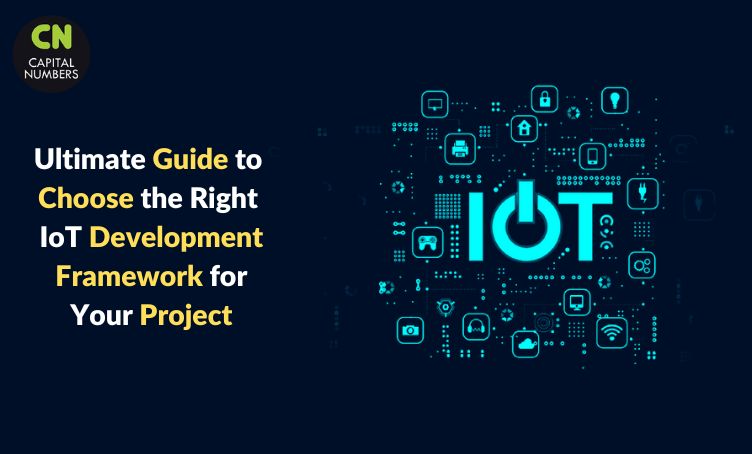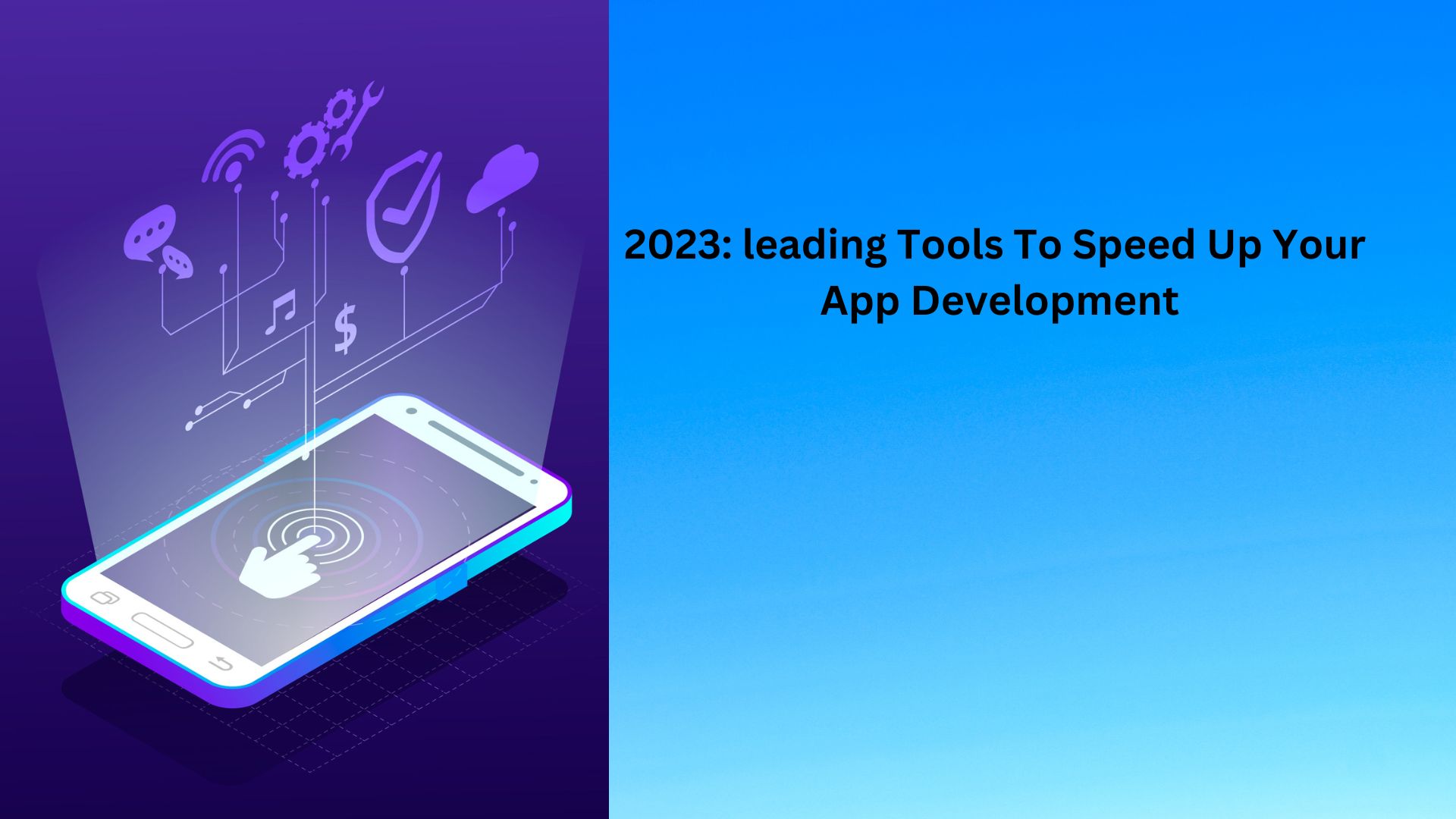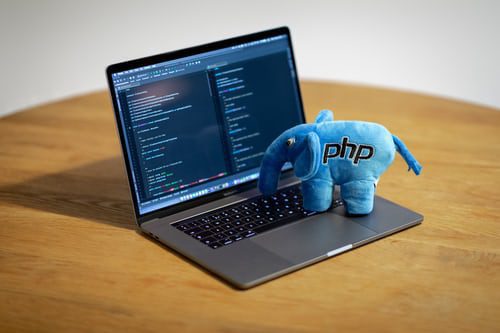
App development has become a competitive space where businesses and developers strive to build high-quality applications with minimal time and effort. The increasing complexity of apps, along with the demand for seamless user experiences, has made traditional development methods less efficient. This is where artificial intelligence (AI) tools come in, offering automation, optimization, and predictive capabilities that significantly improve the app development process.
The Role of AI in App Development
AI is revolutionizing various aspects of app development, from code generation to testing and deployment. By leveraging AI-powered tools, developers can reduce the time spent on repetitive tasks, detect errors early in the process, and enhance application performance. These tools enable teams to focus on innovation rather than mundane coding tasks, leading to better productivity and improved software quality.
Automating Code Generation
Writing code from scratch is time-consuming, and even experienced developers may encounter errors that delay the development cycle. AI-powered code generation tools help automate this process by suggesting relevant code snippets, detecting syntax errors, and even writing entire sections of code based on user requirements. Tools such as GitHub Copilot, Tabnine, and Kite use machine learning models to analyze code patterns and provide intelligent recommendations.
With AI-assisted code generation, developers can:
- Reduce coding errors by receiving instant feedback.
- Speed up the development cycle by leveraging pre-trained AI models.
- Enhance productivity by automating repetitive coding tasks.
Improving App Testing with AI
Software testing is a critical phase in app development, as it ensures the application functions correctly before deployment. Traditional testing methods require significant time and effort, especially for large-scale applications. AI-driven testing tools help automate this process by predicting potential bugs, generating test cases, and performing automated testing without manual intervention.
AI-based testing tools such as Testim, Applitools, and Mabl use machine learning algorithms to detect patterns in code behavior and identify vulnerabilities. These tools not only improve test accuracy but also reduce the time required for testing by automating repetitive test cases.
Enhancing UI/UX Design with AI
User experience (UX) and user interface (UI) design play a crucial role in app success. AI-driven design tools assist designers by analyzing user behavior, providing layout recommendations, and automating design processes. Platforms like Adobe Sensei and Figma’s AI-powered features help designers create visually appealing and intuitive app interfaces with minimal effort.
Some of the ways AI enhances UI/UX design include:
- Automated color and font suggestions based on user preferences.
- Predictive analytics to understand user interactions and improve app usability.
- Intelligent prototyping tools that generate design recommendations in real time.
Optimizing Performance with AI
App performance is a key factor in retaining users. Poorly optimized applications lead to slow load times, crashes, and negative user experiences. AI-driven tools help monitor app performance by analyzing real-time data and predicting potential issues before they occur. Platforms like New Relic and Dynatrace use AI to track application performance, detect anomalies, and suggest optimizations.
AI also plays a role in resource management by:
- Predicting server loads and optimizing resource allocation.
- Analyzing user behavior to adjust app performance dynamically.
- Reducing energy consumption in mobile applications by optimizing code execution.
Automating Deployment and Maintenance
The deployment and maintenance phases of app development are crucial for ensuring application stability and reliability. AI-powered tools streamline these processes by automating software updates, monitoring security vulnerabilities, and managing server resources.
Continuous integration and deployment (CI/CD) pipelines powered by AI help developers:
- Detect issues before deployment, reducing downtime.
- Automate bug fixes and software updates.
- Enhance security by identifying potential threats in real time.
AI-Powered Chatbots for Development Assistance
AI-driven chatbots and virtual assistants are becoming essential to the app development ecosystem. These bots provide real-time coding assistance, answer queries, and offer solutions to common development challenges. AI-powered assistants like ChatGPT and Google’s Bard help developers troubleshoot issues, optimize code, and learn new programming techniques.
Benefits of AI chatbots in app development include:
- 24/7 coding assistance without relying on external sources.
- Instant troubleshooting for common programming errors.
- AI-driven code documentation to improve readability and maintainability.
The Future of AI in App Development
As AI continues to evolve, its impact on app development will only grow stronger. Future advancements may include AI-powered development environments that fully automate the coding process, self-healing applications that fix bugs autonomously, and enhanced natural language processing (NLP) tools that allow developers to code using voice commands.
The adoption of AI in app development is not just a trend but a necessity for staying competitive in the industry. Businesses that embrace AI-powered tools will benefit from faster development cycles, higher-quality applications, and a more efficient workflow.
Conclusion
AI tools are transforming the app development process by automating tasks, optimizing performance, and enhancing overall efficiency. From code generation to testing, deployment, and maintenance, AI-driven solutions empower developers to build high-performing applications with less effort. As AI technology advances, its role in app development will continue to expand, shaping the future of software engineering. Developers and businesses that integrate AI tools into their workflow will gain a significant competitive advantage in the fast-paced world of app development.








